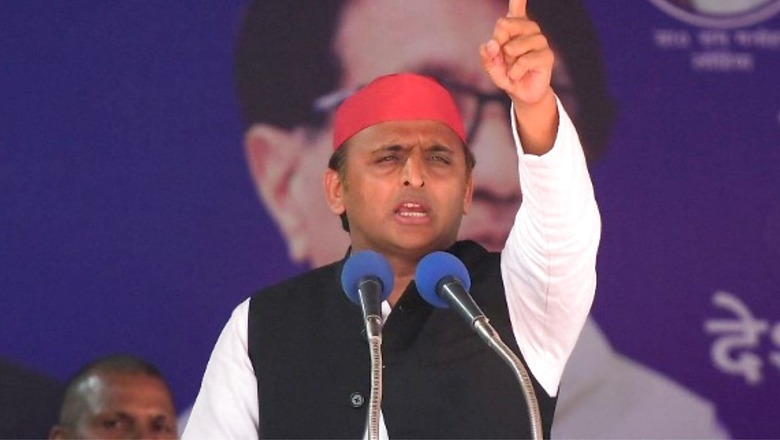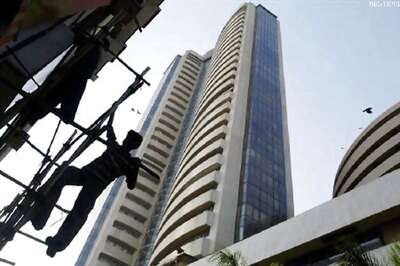
views
In the run up to the keenly contested Uttar Pradesh elections, Samajwadi Party leader Akhilesh Yadav recently mentioned Muhammad Ali Jinnah at a public rally in Hardoi on the occasion of 146th birth anniversary of Sardar Vallabhbhai Patel. What in particular invited criticism from his political opponents was his equating Jinnah with Sardar Patel and Gandhi in fighting for India’s freedom from British rule. On Saturday, Uttar Pradesh chief minister Yogi Adityanath called such comparisons between Jinnah and Sardar Patel “shameful”.
The question that many are asking is: Was Akhilesh Yadav’s Jinnah statement untimely and unnecessary?
History is not merely about cold facts but also collective memory. And in India’s collective memory, Jinnah is mostly remembered not as a freedom fighter but as the cause for Partition of India and formation of Pakistan. He is also remembered as the facilitator of an event that led to unprecedented violence and loss of lives, both Hindus and Muslims. In post-Independent India, Jinnah was criticized by veteran Muslim leaders in the Congress too.
Given the larger public perception around Jinnah, it is curious that Akhilesh Yadav, leader of the principal opposition party in Uttar Pradesh, chose to name Jinnah at a public rally.
ALSO READ | UP Next: Muslims Not a Homogeneous Bloc and Why a Section of Them Will Vote for BJP
Was the statement aimed at mobilizing Muslims towards the Samajwadi Party? If so, one needs to assess this against whether or not Jinnah is considered a popular icon among Muslims in India. Historically speaking, he is not. And if in recent times there has been a shift in popular Muslim consciousness where Jinnah is now seen as an icon, one needs to collect data from the field (speak to Muslims) and verify if a shift has indeed taken place.
If there has been a shift in how Indian Muslims see Jinnah—as a hero of the freedom struggle—then Akhilesh Yadav’s politics of remembering Jinnah may be beneficial to some extent.
However, this raises another question—does Muhammad Ali Jinnah occupy any space in the consciousness of the Indian Muslim youth? The answer is likely to be in negative. In that case, Akhilesh Yadav’s Jinnah comment may fail to resonate with the broader Muslim community and, in turn, not mobilize them towards the Samajwadi Party.
Second, it may also prove to be counterproductive—this can facilitate polarization of the Hindu community against the Samajwadi Party, making the Hindu support base of the BJP more cohesive.
ALSO READ | UP Next: 2022 Polls Will See Whether Muslims Vote for Development or Identity
It is interesting to note that Akhilesh Yadav’s Jinnah statement came right after Amit Shah said at a public rally in Lucknow that under Yogi Adityanath-led government, Uttar Pradesh has reclaimed its identity as the land of Ram and Krishna, which was lost during the Mughal rule.
One could view Akhilesh Yadav’s Jinnah remark as a strategy to offer a counter-narrative on Muslim identity in India. Will this work? The answer to this can only be provided by the voters in the Uttar Pradesh election.
Badri Narayan is professor and director of GB Pant Social Science Institute, Prayagraj, and the author of ‘Republic of Hindutva’. The views expressed in this article are those of the author and do not represent the stand of this publication.
Read all the Latest Opinions here


















Comments
0 comment